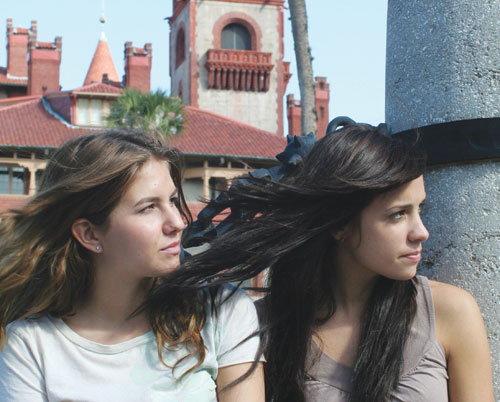Flagler focuses on alerting students
Campus safety, e2 Campus system back in spotlight after NIU shooting
By Brittany Hackett | bhackett@flagler.edu
Flagler College administration hopes changes and improvements to security on campus will help prevent a tragedy like the Northern Illinois University shooting two weeks ago.
According to Joe Provenza, director of technology services, the e2 Campus system is a way to alert as many people as possible to an emergency situation on campus.



